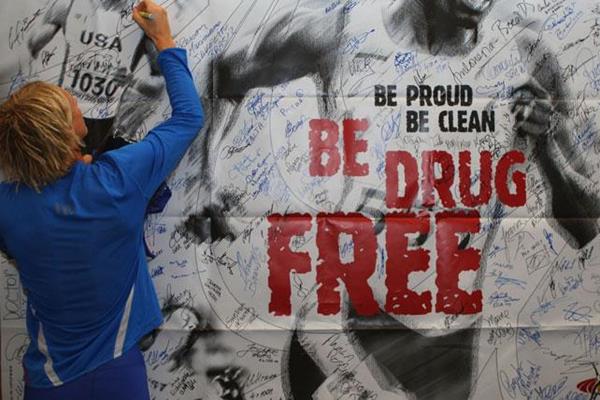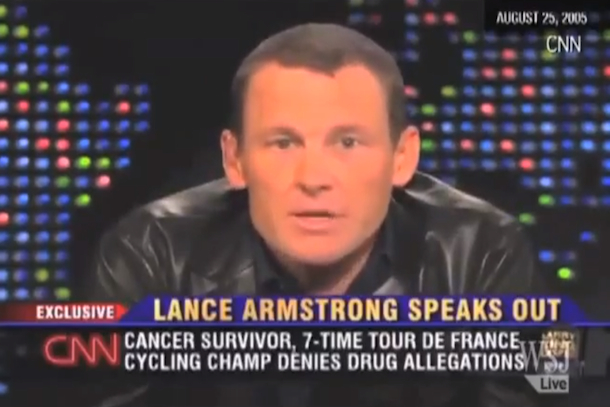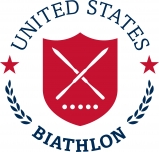
At last week’s 2013 World Conference on Doping in Sport, its host, the World Anti-Doping Agency (WADA) approved the 2015 World Anti-Doping Code in Johannesburg.
According to a statement from outgoing WADA President John Fahey in the agency’s Play True Magazine: “Through the acceptance of the Code and International Standards in South Africa this week, the anti-doping community has left its mark and demonstrated the renewed commitment that both government and the sport movement have towards putting the right of clean athletes ahead of all others in the years ahead.”
The conference concluded a two-year review of the Code, which included extensive input from stakeholders and four rounds of consultation and draft revisions.
The new Code, effective Jan. 1, 2015, is a direct response to the shortcomings and failings of the current international anti-doping system.
“We now have a Code, which, I believe, offers the best response to combating the scourge of doping yet,” Fahey stated. “Stronger sanctions while maintaining better investigative powers for WADA, a stronger focus on the sharing of information between the sport and governments, intelligent testing and risk assessment in relation to different sports, and fair consideration of an athlete’s human rights.”
How Bad is the Situation?
In reaction to the new Code, former WADA president Dick Pound summed up his dissatisfaction of the current anti-doping system on an interview on NPR’s BBC World News. According to Pound, the positive test results are simply not keeping up with the number of successful dopers. Moreover, only one out of 100 tested dopers actually gets caught, the same as 30 years ago when testing began.
WADA statistics from 2012 show that out of 267,00 drug tests conducted globally last year, 1.19 percent had “adverse” findings or were positive. An additional 0.57 percent were “atypical” and needing further investigation, the Daily Mail reported.
Pound told NPR about the real need for a stronger global effort. “No one really wants to catch anyone,” he said, adding that WADA is seriously underfunded and he knows it will require expensive measures to catch dopers. At last week’s conference, WADA announced a 1-percent increase to its $28-million-dollar budget.
Pound also stressed the need to test for the right things at the right time, referring to out-of-competition, drug-testing strategies. With good planning, an athlete can always come up with an in-competition clean test.
“If you know the date of your event and you get caught, you have failed two tests: a doping test and an intelligence test,” Pound said.
WADA Approved Maximum Four-Year Sanctions
The adopted Code has increased the maximum penalty for first-time doping offenders from two to four years. This is a much heavier penalty, as offenders will miss at least one Olympics. While the stronger sanction should serve as a major deterrent to athletes, there are several loopholes, which have the potential to allow cheaters to slip through.
The four-year ban from participation in competition may be reduced to two years if the offender denies the intention to have used a banned substance. Little or no proof is needed for this to take place. Other loopholes leading to reduced sanctions include admitting to cheating or allowing the athlete’s support staff to take the blame.
“If you know the date of your event and you get caught, you have failed two tests: a doping test and an intelligence test.” — Former WADA president Dick Pound
In response to the WADA conference outcomes, the International Association of Athletics Federations (IAAF) released a statement, which mostly supported the new Code, but also addressed some concerns:
“Time will tell whether the sanction regime under the new Code will make more severe penalties the norm. Frankly we believe there are too many means of escape.
“In 95% of the cases we face, the athlete denies doping outright; and the blame is routinely laid at the door of a sacrificial coach, doctor or other third party. The new Code provisions on intention play firmly into the hands of these athletes and their unscrupulous entourage and will only serve in our opinion to make cases more procedurally complicated, time-consuming and costly than they ought to be.”
The IAAF’s bottom line is unwavering in support of four-year bans: “When clear evidence of cheating is presented, four years must truly mean four years.” The Federation also recommended a mid-term review of sanctions in three years.
New Code Focuses on Investigation

Learning from cycling, WADA’s new set of rules offers athletes possible immunity from punishment in return for “substantial” information on doping.
According to Fahey, “I guess it’s founded on the question: If you can bring about a greater good with the cooperation you give, then there ought to be some encouragement for you.”
The new Code has strengthened its power to punish the trainers, coaches, and officials who are complicit in doping athletes. Essentially, if members of an athlete’s support group are found in possession of banned substances, they will be subject to disciplinary actions by national sporting federations and the IOC.
WADA Pushes for Sport-Specific Testing
One drug-testing protocol is not sufficient to cover the many sports played internationally. The doping protocol for tennis would be quite different from that of an endurance sport such as cross-country skiing. WADA now is able to tell sports federations to test in a specific method in order to find the substances most likely to be abused by athletes in their sports.
The Haematological Passport has seen some success since WADA adopted it in 2009. In 2014, a new component, the steroidal module, will be added to the Athlete Biological Passport. This will add a standardized urine test to detect the presence of anabolic steroids to the APB in addition to the blood profiles already being used.
New WADA President, Renewed Anti-Doping Education Efforts and the Sochi Testing Lab
Former IOC Vice-President Sir Craig Reedie was appointed WADA’s incoming president and will be sworn in on Jan. 1, 2014.
Fahey is confident that the revised Code will help eliminate drug cheats, but part of his final message calls for a greater focus on education.
“The more we educate our young athletes on these [anti-doping] topics, the better outcomes we will have,” he stated.
WADA is also responsible for deciding whether Russia’s anti-doping lab is eligible for drug testing at the Sochi Olympics, an issue that arose last week. While WADA does not have a presence at the Olympics, it has the power to set the standard for the Olympic drug-testing facility. Moscow and its Sochi satellite laboratory, which was to be used to test Olympic athletes in less than three months, has been slapped with a pending six-month suspension.
Nancy Fiddler
Nancy Fiddler is a two-time Olympian and 14-time National Champion. She has been coaching juniors and masters for 20 years in Mammoth Lakes and Truckee, Calif., and most recently in Sun Valley, Idaho. She lives most of the time in the Eastern Sierra with her husband and daughter and is currently trying to get in touch with her creative side through writing.



